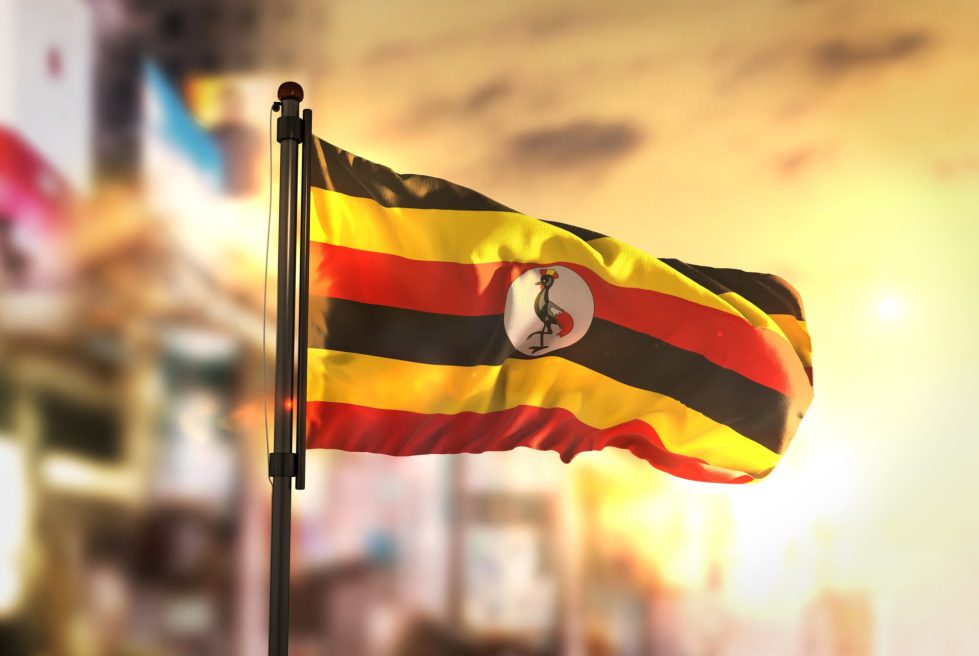Have you noticed recently there are less emails from African princes, desperate for help getting fortunes out of their country? Perhaps that is because they are now investing in clean energy systems, utilizing cryptocurrency to benefit their countries.
You Say You Want a Revolution
We often hear about how cryptocurrencies will free us from the tyranny of big banks. But in the developed world do we really have it so bad? Wala, a South African startup, developed a smartphone app to allow peer-to-peer transactions. Unfortunately, high transaction fees from traditional banks almost killed the model — until they turned to cryptocurrency as an alternative solution.
You Say You Got a Real Solution
Last December, Wala raised $1.2 million in an ICO, and in May this year it launched its $DALA token. Since then, it has processed over $2.5 million in transactions, paying bills, merchants, and buying mobile airtime across South Africa, Zimbabwe, and Uganda.
Consumers in these countries can now access low cost, efficient financial services. Over 100,000 have already opened $DALA wallets, to earn, save and borrow, through the new decentralized system.
You Say You’ll Change the Constitution
The next step of the project is a partnership with government agencies and energy company CleanPath Emerging Markets Uganda (CPEM). The plan is to create a blockchain-enabled solar energy project, managed through the $DALA blockchain.
The intention is to spur a clean-energy economy, create employment and new economic development in Uganda. Workers will be paid in $DALA, and consumers can use it to buy clean solar energy.
We All Want to Change the World
The man who made this $1.5 billion dollar project possible is Prince Kudra Kalema, the founder of CPEM. Kalema is a Prince of the Bugandan Kingdom, which is a largely autonomous state within Uganda. In his role as custodian of the land, he realised that one of the biggest problems was reliable electricity.
Kalema feels that a blockchain backed project can be especially effective in Uganda because,
Over 80 percent of Ugandans are under 35, and very well-educated… They don’t have to unlearn anything that was there before.
The program aims to provide clean energy to 25 percent of the Ugandan population and provide 200,000 jobs in the new sector.
What are your thoughts on Uganda’s crypto efforts? Let us know in the comments below!
Images courtesy of Shutterstock.
